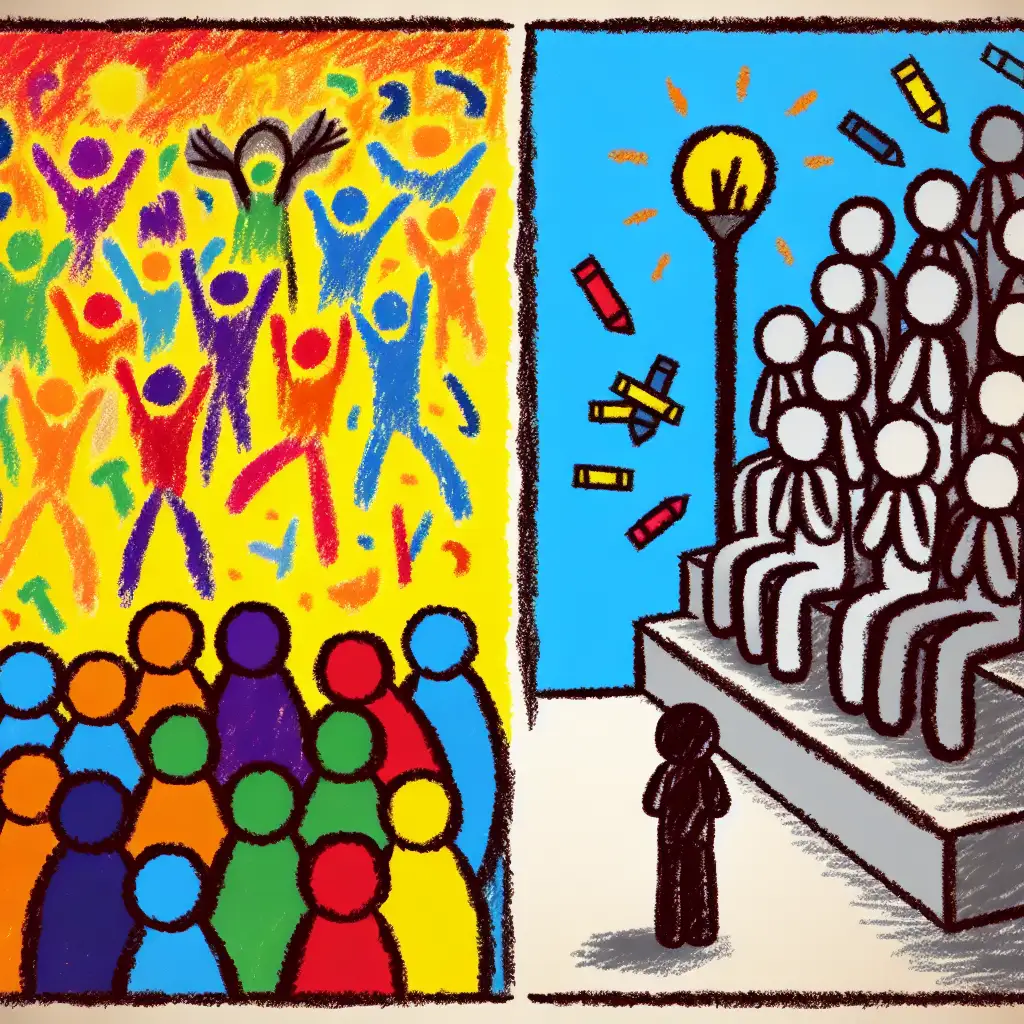Palestine Action can challenge UK ban, court rules

Explain Like I'm 5
Imagine you have a club at school where you and your friends gather to trade Pokémon cards. But one day, the principal says your club is not allowed anymore because it's causing too much trouble. You feel that's not fair because you think you're just trading cards and having fun. So, you ask if you can talk to the school board to explain why your club should be allowed. The court is like the school board, and they just said, "Okay, you can come and tell us why your club should be allowed." That's what happened with a group called Palestine Action. The UK government said they couldn't do their activities anymore, calling them a terror organization. But now, the court said they can challenge this decision to see if it's fair or not.
Explain Like I'm 10
Palestine Action is a group that was doing activities to support Palestine. But the UK government decided these activities were not safe and labeled the group as a terror organization, which is a very serious label. This means they weren't allowed to continue their activities. However, the co-founder of Palestine Action didn't agree with this decision. She thought it was wrong and wanted to challenge it in court.
A court is a place where judges decide if something is fair according to the law. The co-founder went to the court and said, "We want to explain why we think this decision is wrong." The court has now said, "Okay, you can bring your challenge." This doesn't mean the group has won, but they get a chance to argue their case. This is important because it's about being fair and letting people have a say when big decisions affect them.
Explain Like I'm 15
Palestine Action is an activist group that was recently designated as a terror organization by the UK government due to their methods and activities, which the government found to be extreme and potentially dangerous. This label seriously affects the group's ability to operate, gather support, and carry out protests. The co-founder of Palestine Action, however, believes this label is unjust and has successfully won the right to legally challenge the government's decision in court.
This case is significant because it touches on several crucial issues: freedom of expression, the right to protest, and how governments classify groups as terrorist organizations, which can often be a controversial and debatable process. The historical context here involves ongoing tensions and complex political situations concerning Palestine and how different groups and governments view activism related to it.
The broader implications of this legal challenge could affect not only Palestine Action but also set precedents for how other groups might be treated in the future. If Palestine Action succeeds, it could mean a more rigorous process for such designations. If they fail, it might discourage similar groups from protesting or challenging government decisions. This case will likely be watched closely by legal experts, activists, and governments worldwide to see how it impacts the balance between national security and civil liberties.
Want to read the original story?
View Original Source